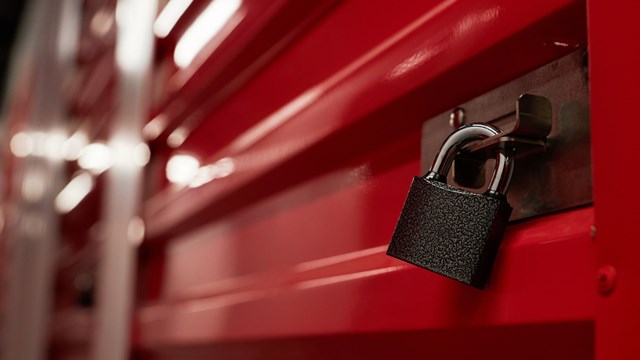Q I am a shareholder at a co-op. A radiator (which is located in my wall) was leaking water to the apartment below. I was not aware of it. The super came and fixed a valve and replaced the radiator (which had a hole in it) with a new one. The co-op wants me to pay for the new radiator and the repair of the valve.
Is that fair? Also, who is responsible for paying the damages done to the apartment below caused by the leak?
—Waterlogged Shareholder
“Paragraph 18 of a typical proprietary lease states that the lessee ‘shall be solely responsible for the maintenance, repair and replacement of plumbing, gas and heating fixtures and equipment and such refrigerators, dishwashers, removable and through-the-wall air conditioners, washing machines, ranges and other appliances, as may be in the apartment. Plumbing, gas and heating fixtures as used herein shall include exposed gas, steam and water pipes attached to fixtures, appliances and equipment and the fixtures, appliances and equipment to which they are attached, and any special pipes or equipment which the lessee may install within the wall or ceiling, or under the floor, but shall not include gas, steam, water or other pipes or conduits within the walls, ceilings or floors or air conditioning or heating equipment which is part of the standard building equipment.’
“If the radiator in question is located within the wall (as the shareholder states), was original equipment, and can be considered to be ‘part of the standard building equipment,’ then it would be the corporation’s responsibility to maintain, repair and replace the radiator. It would follow that the shareholder would not be responsible for the damage to the apartment below unless the shareholder was negligent in giving the corporation timely notice. However, here the shareholder has indicated that he or she was not aware of the leak so I assume that there was no negligence or failure to timely report the leak.”







Leave a Comment